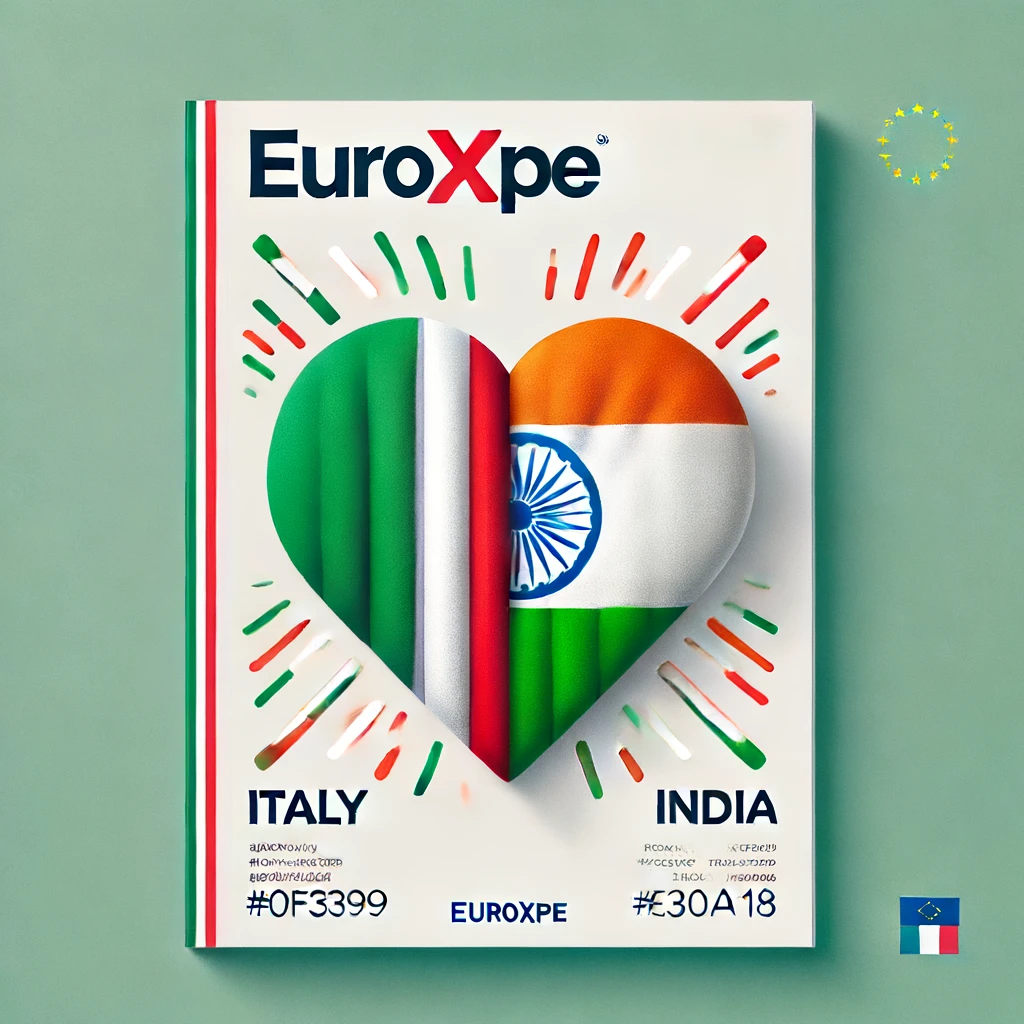When Prime Minister Narendra Modi attended the G7 summit in Italy, it wasn’t just the diplomatic meetings that made headlines back in India. Instead, it was the perceived close relationship with his Italian counterpart, Prime Minister Giorgia Meloni, that captured public attention. On Saturday, Meloni shared a video on social media featuring herself alongside Modi, both leaders beaming with wide grins. “Hello from the ‘Melodi’ team,” she exclaimed, referring to the combination of their names which quickly became a trending topic.
This friendly interaction was not an isolated incident; Modi and Meloni have demonstrated a public camaraderie during various international events, including the G20 summit in India last year and the Cop28 climate talks in Dubai. Prime Minister Modi reposted Meloni’s video on X (formerly Twitter) and praised the strengthening ties between Rome and New Delhi. The summit, held at the luxurious resort of Borgo Egnazia, included leaders from Britain, Canada, France, Germany, Italy, Japan, and the United States. Modi highlighted his discussions with Meloni aimed at bolstering cooperation in diverse sectors such as commerce, energy, defence, and telecommunications.
Despite the serious diplomatic undertones of these meetings, it was the light-hearted “Melodi” video that stole the spotlight in India. Social media was abuzz with memes and videos celebrating the fictional romance between Modi and Meloni, often portraying them as the central characters in a whimsical internet love story replete with betrayals, heartaches, and joyous moments. AI-generated videos have further fuelled this narrative, attracting millions of views. In these clips, Modi is humorously depicted singing love songs whenever Meloni is seen with another political leader. This playful depiction has captured the imagination of many, turning the two leaders into internet sensations overnight.
However, the reaction hasn’t been all positive. Mainstream media, including the Times of India, have criticized the trivialization of Meloni’s role. An editorial pointed out the inherent sexism in the way female leaders are often portrayed. “Like other women in high offices, Meloni is being seen through a male prism – hot or not?” the editorial noted. The Times of India further emphasized that regardless of a woman’s influence or achievements, she can still be subjected to reductive and demeaning framing. “As the Meloni discourse shows, old-fashioned misogyny dies hard,” it concluded.
The “Melodi” phenomenon underscores the power of social media in shaping public narratives and the ease with which serious diplomatic engagements can be overshadowed by more trivial, albeit entertaining, stories. It also highlights the ongoing struggle against gender biases in the portrayal of female leaders. As India and Italy continue to strengthen their ties, it remains to be seen how the “Melodi” narrative will evolve and what impact it will have on public perception and media coverage of diplomatic relations.




